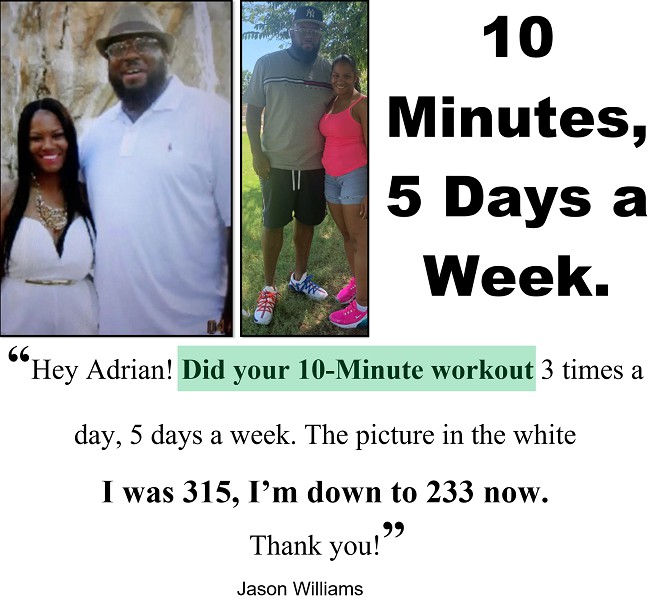7 Unexpected Everyday Causes of Acne

1. Smartphone
Your smartphone is home to a huge population of bacteria. This isn't surprising, considering the amount of use it gets in all kinds of conditions throughout the day.
But when you take a call, you could be pressing the results of hours of sticky-fingered swiping directly onto your face. Get into the habit of cleaning your smartphone daily with an antibacterial wipe.
2. Showers
Piped water can have high mineral levels which upset the pH balance of your skin. If you suffer from persistent acne breakouts with no obvious cause, try fitting a filter to your shower head.
3. Coffee
Caffeine can play havoc with your skin's pH balance, and a generous daily intake can also leave you dehydrated. Both of these effects will help trigger acne outbreaks.
If you don't want to cut back on your coffee consumption, make sure you drink an equal quantity of pure water alongside each cup. Also, use a medicated face wash each night to help put your skin's pH back on track.
4. Overdoing Makeup
Regular use of makeup can clog your pores and seal in bacteria. Even worse, the daily cycle of application and removal causes inflammation and increases the risks of infection.
Consider cutting back on your cosmetics use, maybe reducing it to alternate days. Also switch to hypoallergenic formulas for both makeup and remover.
5. Constantly Switching Beauty Products
And no matter which types of beauty products you use, stick to a few consistent brands & formulas rather than constantly trying new ones. Your skin takes time to get used to even the mildest creams and lotions.
Regularly switching between different products keeps your complexion confused and stops it from reaching equilibrium.
6. Lack of Sleep
Tiredness weakens your immune system making you more receptive to acne outbreaks, which can be more severe and last longer than when you're fully rested → 16 Ways to Sleep Better Every Night
7. Lack of Vitamin D
Your body produces Vitamin D naturally when sunlight hits your skin. Try and take a daytime walk several times a week to increase your exposure, but don't forget to use sunscreen to prevent sunburn. In the winter months, taking a supplement or foods high in Vitamin D may be the most effective solution.
How to Get Rid of Acne
- How to Get Rid of Acne Fast at Home
- Coffee Scrub to Get Rid of Acne
- How to Use Honey for Acne
- Apple Cider Vinegar for Bacne
More Tips for Acne
- 7 Oily Skin Care Tips
- How to Get Rid of Large Pores
- 5 Steps to Get Better Looking Skin
- 27 Foods for Clear Beautiful Skin
